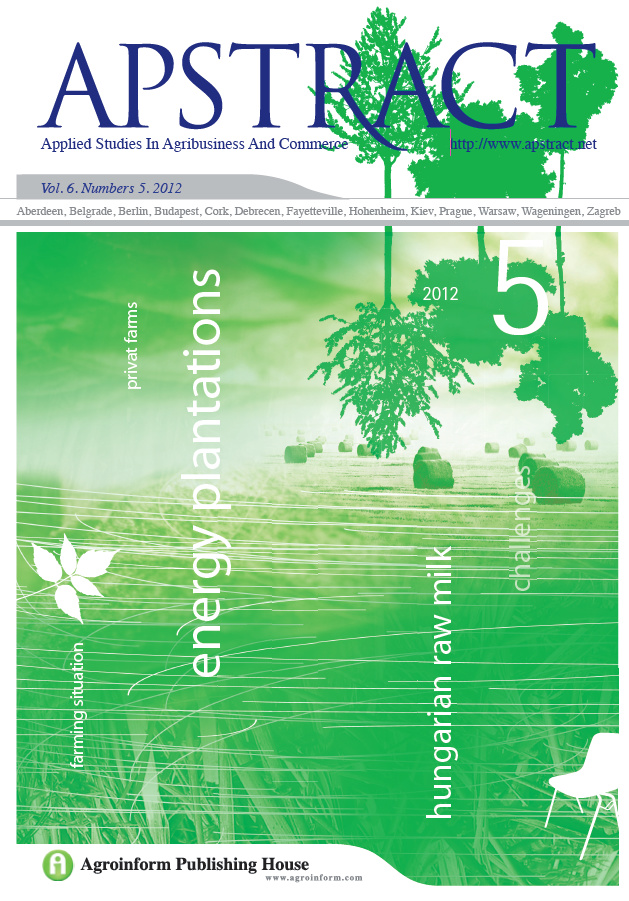Relationships between competitiveness in the Northern Great Plain and the organisational culture of local authorities
Authors
View
Keywords
How To Cite
Abstract
One of the five basic factors in the Lengyel-type pyramid model – institutions and social capital – is essential in the economic growth of the region. Economic success however, does not only depend on participants in the economy, but on social factors such as the roles played by local authorities, including their functions, operation and organisational culture, all of which are crucial factors. Based on the results obtained regarding organisational culture it can be stated that performance orientation, dominant motivation based on calculated risk, forward planning and regular feedback are expected values at local authorities in all three counties. All local authorities emphasise the importance of the need for forecasting. Respondents find it important that organisations encourage and reward individual action and contributions as expected values. The degree of human orientation expected by local authorities reflects the fact that respect for colleagues and attention to their well-being should be at the highest level. Reinforcing these organisational culture values (dimensions) is the basis for the efficient and successful operation of organisations (local authorities). The study examines the organisational culture of local authorities in the Northern Great Plain, looking for any relationships it might have with the competitiveness of the region. This study is an element of the wider research into organisational culture. We used the GLOBE (Global Leadership and Organisational Behaviour Effectiveness) survey, which had been successfully applied in the research programme In Competition with the World at the Corvinus University of Budapest. Koopman, Den Hartog, Konrad et al. (1999) examined the culture variables of 21 European countries in organisations. Based on Hungarian and international literature it can be stated that a similar survey of local authorities has not yet been conducted.


 https://doi.org/10.19041/APSTRACT/2012/5/2
https://doi.org/10.19041/APSTRACT/2012/5/2




